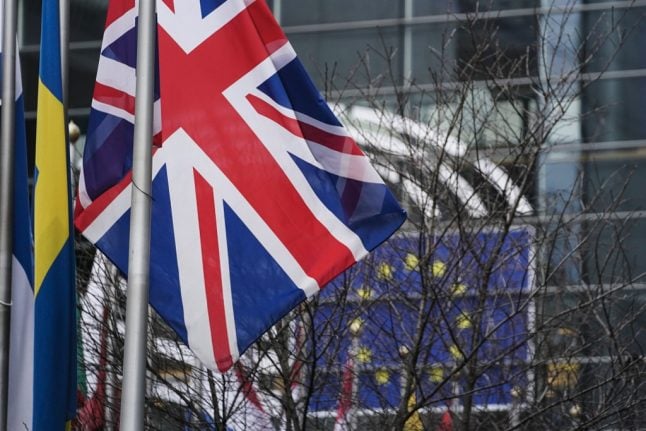As Brexit has occupied my thoughts and actions for so long, I can barely remember what life was like pre-referendum.
Brexit has changed me in ways I never imagined. It has revealed character traits I never knew existed, not all of them positive! Who knew I could become so angry or argumentative? I certainly wasn’t beforehand.
On the positive side, I’ve learned many new skills and made great new friends. For that, I shall always grudgingly be grateful to Brexit, although this benefit cannot compensate for our losses.
Unsurprisingly, I’m frequently asked how I feel now that Brexit is inevitable, and how I will spend Brexit Day. Both questions are difficult to answer.
How I’m feeling is a moveable feast. The answer I gave yesterday won’t be the same answer I give tomorrow or the next day. Like so many Remainers, our feelings switch from anger to despair, from grief to incredulity, from shock to acceptance.
We’ve processed a vast range of emotions – first when the referendum result was announced, then through the negotiations. May’s ill-advised election gave us hope and the prospect of a People’s Vote and changes in public opinion made many of us believers. When Johnson finally succeeded in bullying the opposition parties into an election, we still believed Brexit could be averted.
Sadly, we were wrong, and on a monumental scale.
READ ALSO:
- Can Brits still move to Spain after Brexit day?
- Brexit: Do Brits in Spain really have to register intent before January 31st to exchange their driving licence?
- Brexit: What do Brits in Spain need to do before January 31st?

Photo: AFP
Having been glued to the media for so long, I found myself avoiding the news for days after the election. I couldn’t bear hearing the prime minister gloat. I still can’t, although I am devouring the newspapers again.
One significant difference, today, is that I’ve finally reached the acceptance stage of grieving. That brings other mixed feelings – for example, of failure and guilt. I was convinced for so long that we could change the Brexit trajectory that I feel I’ve let people down. No matter how hard I continue to fight to mitigate Brexit’s damage, I will always think I raised the hopes of many people, only for them to be cruelly dashed. I remind myself that I acted in good faith, said what I wholeheartedly believed to be true, and did all that was possible. I can be proud of that, at least.
While I may accept that Brexit is happening, I will never accept or forgive the way it was achieved. From the outright lies of the Leave campaign, the fraudulent referendum, and more of the same during the recent election, the “winners” have shamed British democracy. I don’t blame people who wanted a better life. They were persuaded by false promises of a brighter future. I blame the people who deliberately misled them and offered false hope – a hope that will eventually prove misplaced. Time will help us forget, but it may not help us forgive.
As we gradually come to terms with the post-Brexit landscape, we still don’t know what Brexit will finally look like. Will the government stick to its plans to exit the transition period at the end of 2020, regardless of whether a trade deal has been achieved? It isn’t unusual for the prime minister to say one thing and then do something completely different.
Will the UK remain aligned to EU standards, diverge completely, or opt for something in between? Chancellor Sajid Javid seems as confused on that subject as the rest of us! Perhaps, like me, he’s feeling a wide range of emotions and not always stopping to think before expressing them.
Regardless of how I feel on January 31st, and no matter what the prime minister claims, Brexit will not be done. Brexit will not be removed from our vocabulary or television screens, despite the prime minister’s wishes.
While the Brexiters rub our noses in their victory – with their celebratory bangs, banners and bragging – we Remainers will mourn, mostly in silence.
It will be a painful and difficult day, but Brexit will not be done, and nor will we!
By Sue Wilson – Chair of Bremain in Spain





 Please whitelist us to continue reading.
Please whitelist us to continue reading.
Member comments